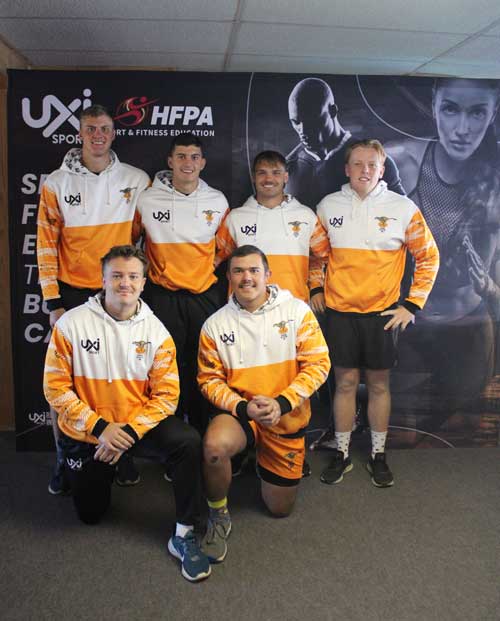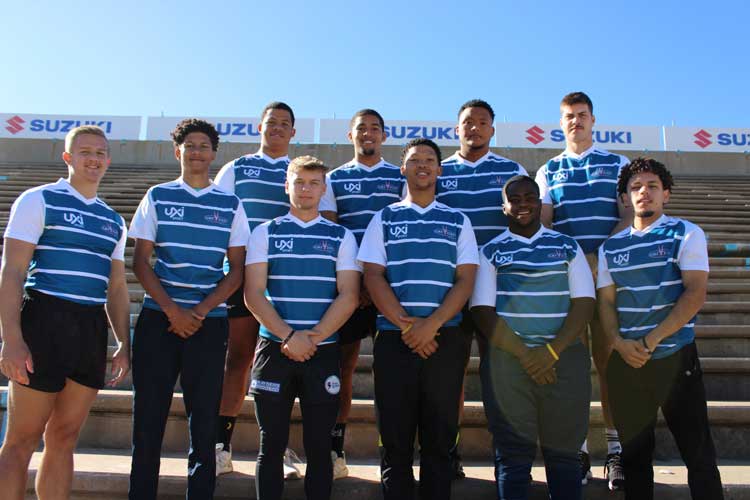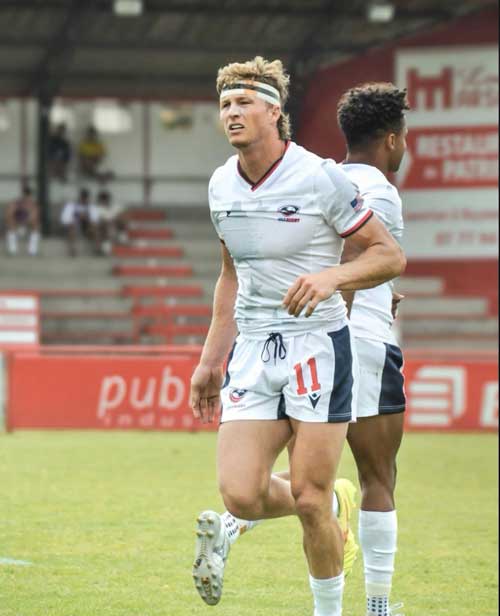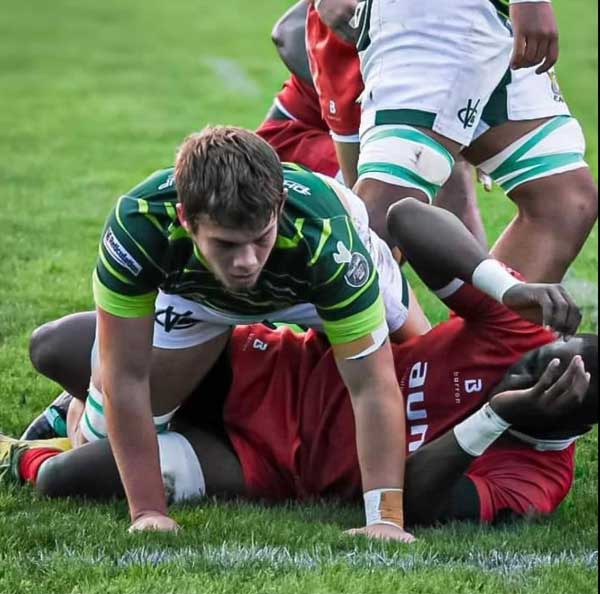Our outstanding UXi Sport Free State International Rugby Institute (FSIRI) student-athletes, who represented Old Greys RC 2 this past weekend in their decisive victory over Steyners RFC 1.
Through hard work, discipline, and exceptional teamwork, the team not only secured a crucial win, but also earned the title of 2025 B League Cup Champions. This achievement reflects the consistent commitment and development taking place both on and off the field at FSIRI.
The result is more than a win—it represents a revival of Free State rugby excellence. As one proud supporter put it:
“Go Free State – because of you, you have revived Free State Rugby. From ashes to life—we are so proud of this team.”
A special acknowledgement goes to Coach Simon Askew, head coach at FSIRI, whose dedication and leadership continue to elevate the standard of rugby within the institute and the broader Free State region.
This victory is a testament to the bright future being built at FSIRI—one performance, one player, and one win at a time.

 At UXi Sport, we believe in the power of hard work, dedication, and high-performance development — and our student-athletes continue to prove that every single day.
At UXi Sport, we believe in the power of hard work, dedication, and high-performance development — and our student-athletes continue to prove that every single day.
 A massive congratulations to Ricardo Brandão, a 2024 alumnus of UXi Sport Harlequins International Rugby Institute, on his selection to the SA Under-21 Cup squad for Lions Rugby!
A massive congratulations to Ricardo Brandão, a 2024 alumnus of UXi Sport Harlequins International Rugby Institute, on his selection to the SA Under-21 Cup squad for Lions Rugby! We’re incredibly proud of Tucker Trickery, a 2021 UXi Sport Western Province International Rugby Institute alumni, who is now representing the USA National 7s Team at the prestigious EAAST 7s Tournament in France.
We’re incredibly proud of Tucker Trickery, a 2021 UXi Sport Western Province International Rugby Institute alumni, who is now representing the USA National 7s Team at the prestigious EAAST 7s Tournament in France. We’re proud to celebrate Dian Basson, a rising star and UXi Western Province International Rugby Institute alumnus, on his selection for the 2025 SA Cup!
We’re proud to celebrate Dian Basson, a rising star and UXi Western Province International Rugby Institute alumnus, on his selection for the 2025 SA Cup!